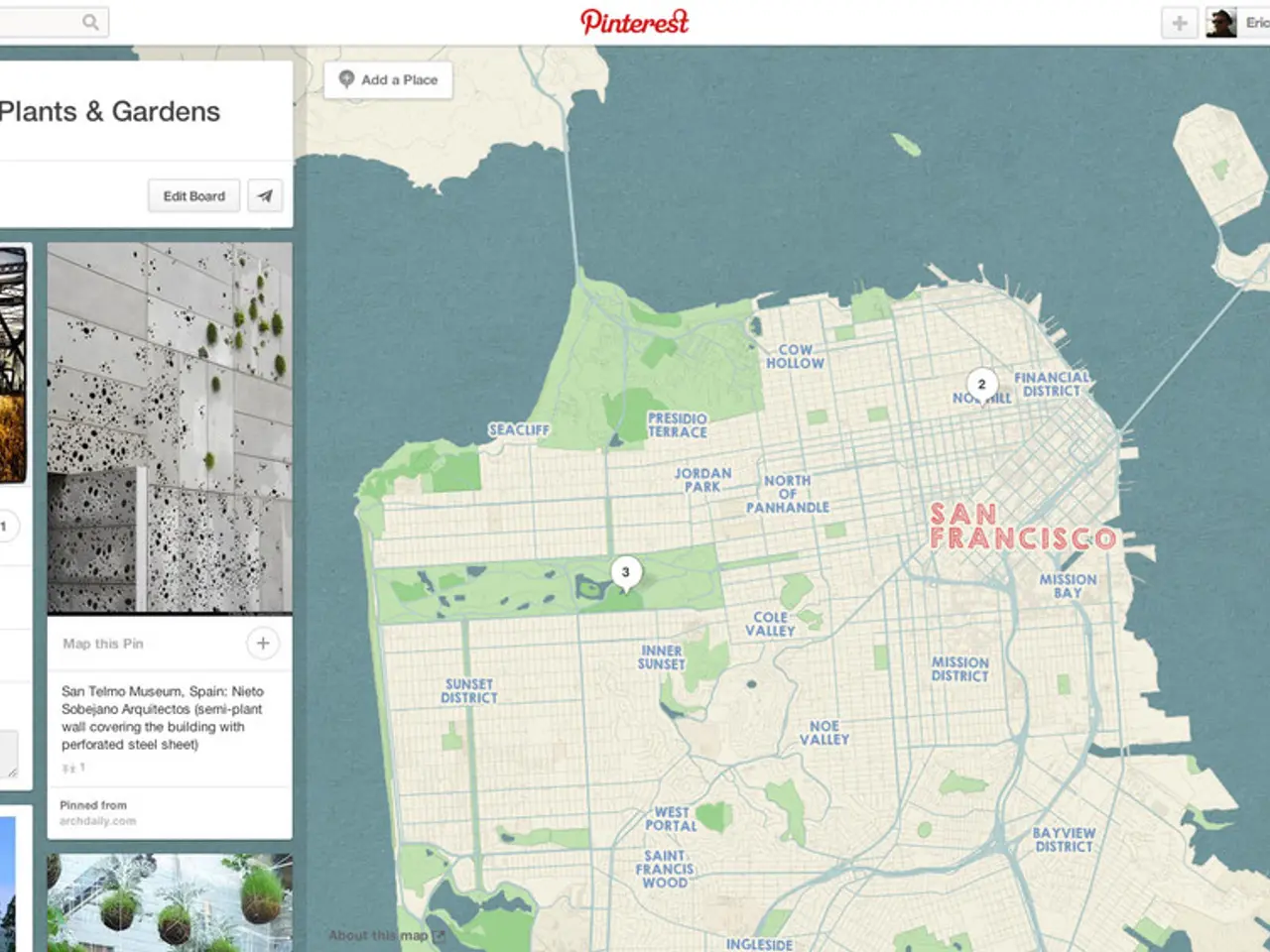Optimizing your website's search engine rankings: a battle between local and on-page SEO, or should you aim for both?
In the digital world, search engine optimization (SEO) plays a crucial role in showcasing a brand's competitive advantage. After a thorough comparison, it has been concluded that both On-page SEO and Local SEO are essential for improving search engine rankings.
On-Page SEO: Enhancing Websites for Search Engines and Users
On-page SEO is the practice of improving various elements of a website that affect search engine rankings. This involves optimizing elements within the website, such as content quality and keyword usage, meta tags (title, description), internal linking structure, page load speed, mobile-friendliness, and technical SEO aspects like site architecture and usability. The goal is to make the website more relevant and accessible to search engines and visitors, improving organic search visibility broadly (not necessarily location-specific).
Local SEO: Boosting Visibility for Local Businesses
Local SEO, on the other hand, focuses on optimizing a business’s online presence to appear in local search results relevant to a specific geographical area. This is particularly useful for local businesses such as shops, restaurants, or offices. Local SEO involves using location-specific keywords and content, ensuring consistent business information across directories, optimizing Google Business Profile and other local listings, building local citations and backlinks from local directories, blogs, and newspapers, and encouraging and managing customer reviews for stronger local trust signals. Its aim is to increase visibility in local search engine result pages (SERPs) and map packs, driving foot traffic and localized conversions.
The Impact on Search Engine Rankings
| Aspect | On-page SEO | Local SEO | |-------------------|--------------------------------------------------------------|-------------------------------------------------------------| | Ranking focus | Improves rankings for broader, often global or national queries | Improves rankings specifically in localized or “near me” searches | | User target | Website visitors globally or from broader markets | Local customers physically close to the business location | | Conversion | Increases general organic traffic and online conversions | Increases visits, calls, and purchases from local prospects | | SEO actions | Internal optimization of site content and structure | Management of business listings, local citations, and reviews | | Domain authority | Enhanced indirectly by good internal SEO practices | Supported by local backlinks and reputation signals |
A Complementary Approach
Both On-page SEO and Local SEO complement each other. On-page SEO strengthens your website foundation, while Local SEO boosts your presence in local markets and map results, thereby enhancing search engine rankings through relevance and authority in different contexts.
The Role of Neighborhood SEO
Neighborhood SEO is the act of optimizing a website for a specific geographic location. This can be useful for businesses that want to target customers within a specific area, such as a city or neighbourhood.
A Strong Brand Presence for Online Success
A solid, competitive, and authoritative brand presence is crucial for success in online competition. Both Local SEO and Organic SEO work together to improve search engine rankings, with Local SEO being related to a physical business and having a geographical component, and Organic SEO not being tied to a specific location. Off-page SEO, which focuses on expanding the power of a website through content creation and acquiring backlinks from other sites, also plays a significant role in this process.
Showcasing Competitive Advantage
Local SEO helps marketers show customers why they are a better option than competitors and why they should consider them. By optimizing both on-page and local SEO, businesses can improve their search engine rankings, increase their visibility to local customers, and ultimately, drive more foot traffic and conversions.
Technology plays a significant role in SEO, as both On-page SEO and Local SEO rely on it to optimize various elements of a website and a business's online presence. For instance, On-page SEO utilizes technology to improve website structure and accessibility, while Local SEO harnesses technology to geographically target a business.



